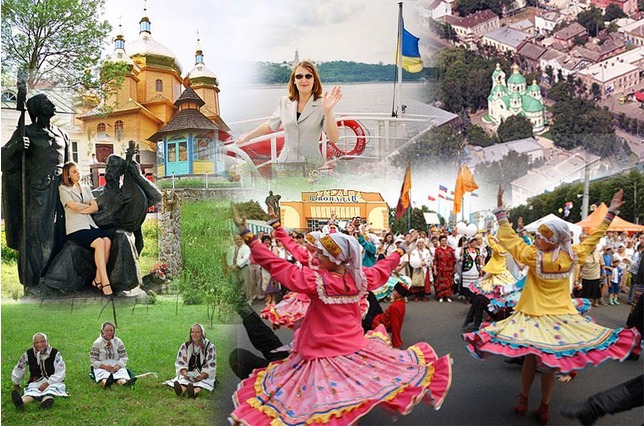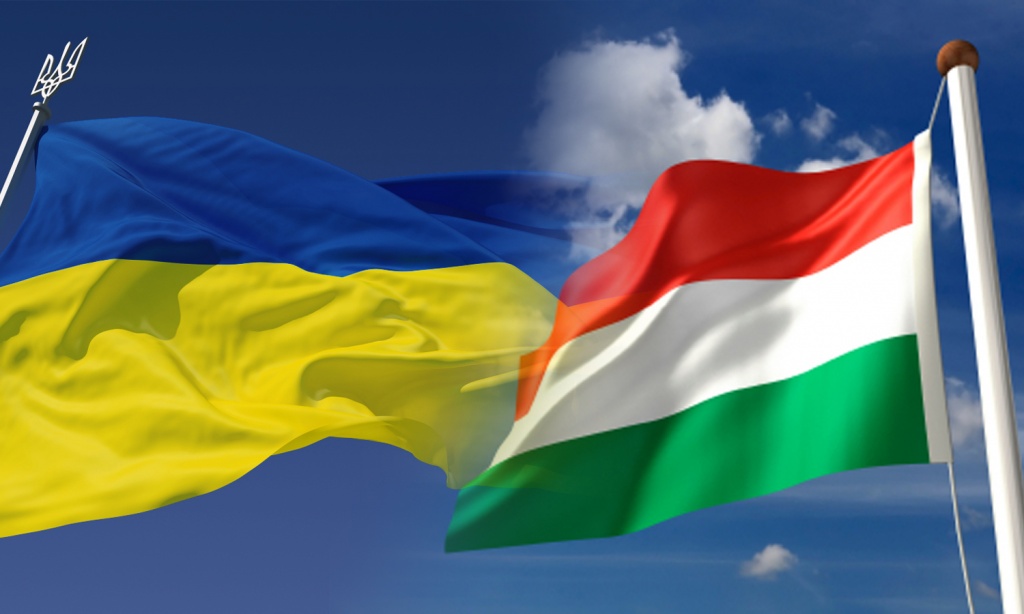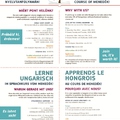By Aliona Tumko
"Culture is a complex which includes knowledge, belief, art, law, morals, custom, and any other capabilities and habits acquired by man as a member of society." –
Culture is the full variety of learned human actions patterns. It is a very powerful tool but at the same time it is a weak phenomenon which is changing all the time. Everything around is made by culture: language, building, government etc. Being a multifaceted social phenomenon, culture can be understood in different ways by different people around. Some people believe that the culture is the national temperament, which is shown though their behaviour, history, believes, values and habits. Other people understand culture as the relationship between people of different social groups. I would like to show you the difference between Ukrainian and Hungarian culture that was based on my friends’ opinion that came from Ukraine to in Hungary.
First of all, I would like to compare individualism and as I found there is no so big difference between two countries. After, the end of communism, Hungarians changed the focus on individualistic society. Nowadays their aim is to be more independent and autonomic even young generations are more responsible and individual. Hungarians had a lot of personal success in business due to Western practices that they have adopted. In Ukraine is the same situation, after sociopolitical and financial changes, individualism became stronger in order to have a power for survival like having home, car or feeding your family.
Second of all, I would like to mention the differences in friend ties. Based on my friends’ experience, Hungarian people are distrustful and have very high opinion about them. To become their friend is harder than in Ukraine because of different mentality and there is one expression that one of my friend mentioned in our talk: “On what we will laugh they will cry, on what they will laugh we will cry” (Над чем мы засмеёмся они расплачутся, над чем мы расплачемся они засмеяться.), which mean that we have different kind of jokes and situations. Ukrainian people are easier, maybe it is because of the collectivism during the Soviet Union, when everyone lived close to each other not only like friends but like brothers and sisters. Ukrainian people are more group oriented, when we talk about friends and relatives. However, when we talk about our own success people care more about themselves. While in Hungary it is almost the same situation, people are more individual but they are still trying to help others.
When we discussed differences between Hungarian and Ukrainian family ties with my friends, I found out that both countries have large and cohesive families. However, in Ukraine there is a bigger respect to old people and to family’s traditions. Also, there is a big difference between gender roles inside the family. In Ukrainian culture femininity became stronger than masculinity; woman became the head of the family who are responsible for family, children, food, finance and other issues. While in Hungary, there is still a strong masculinity presence.
What is interesting is that both of countries are patriotic. They are proud of their countries, history, culture, scientific achievements and names. Moreover, Ukraine and Hungary are both past and present oriented. However, my friends think that in Hungary there is still a presence of resists. Even I had own experience from international school where some teachers were too aggressive about other nations, especially Soviet Union once.
Another difference that I found out from my interviews that Hungarian people complain a lot and do not appreciate what they have, while Ukrainian people are more optimistic. I would agree as well because I see all the time how my schoolmates or classmates complain about everything around without even understanding that you have to appreciate those things and not pay attention to them.
Ukrainian people like to take risks in everything without being afraid to fail, while Hungarian people might avoid such action. In our culture we have one expression:” who does not take risk, does not drink champagne” and we love all the time to repeat it.
In addition, I would like to say that people in different countries might be also different. Some can be more stressful and emotional while others can be more tolerant and calm. However, Ukrainians are not being afraid to be honest and to express their opinions as well as to get the critiques from others. While Hungarians are not scared of telling opinion but they are afraid of getting bad feedbacks.







